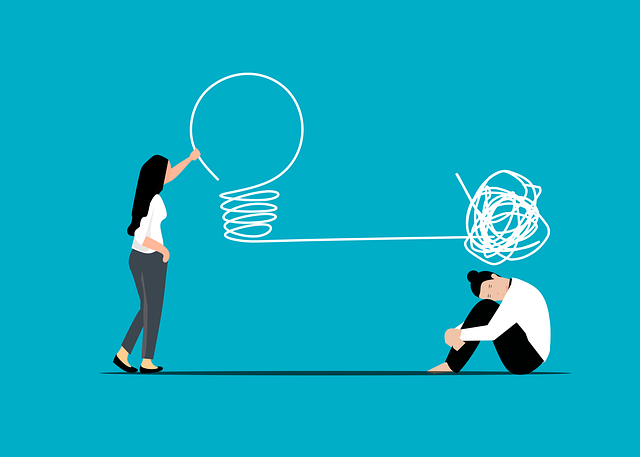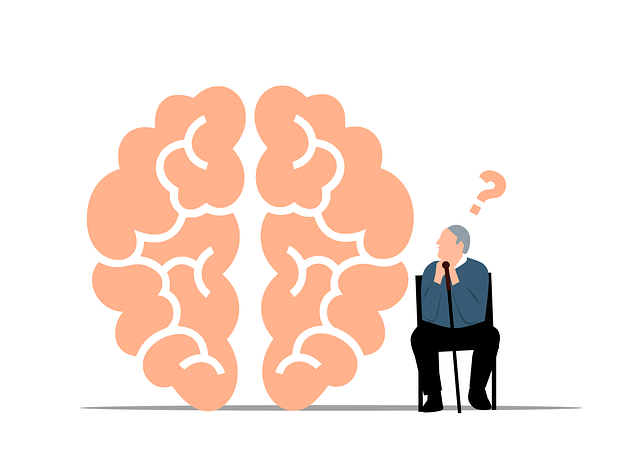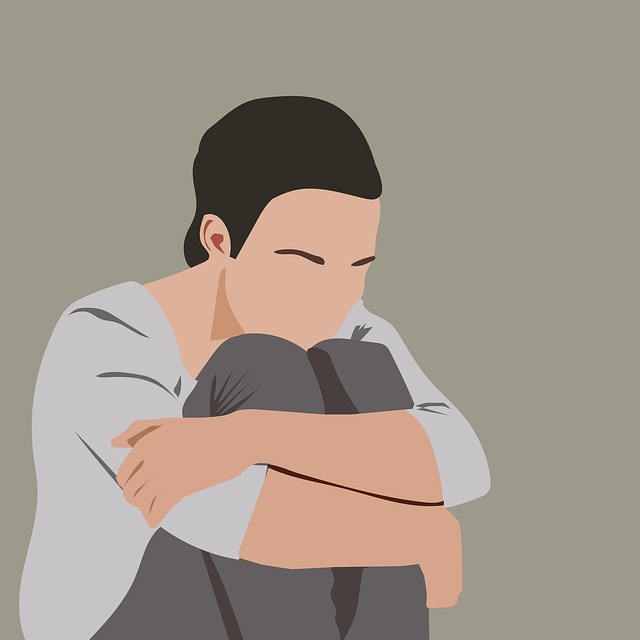Centennial Crisis Counseling Therapy offers a proactive approach to mental well-being by promoting positive thinking, reframing negative experiences, and building resilience against modern stressors like tech overuse and demanding lifestyles. This therapy equips individuals with tools like CBT and social skills training to challenge negative thought patterns, reduce stigma, and improve emotional regulation, ultimately fostering healthier mental landscapes and preventing burnout. By integrating daily practices such as mental reframing, communication strategies, risk management planning, and mental wellness journaling, individuals can enhance their overall well-being during the Centennial Crisis, cultivating optimism for navigating life's challenges.
“Unleash the power of positive thinking with our comprehensive guide. Exploring the profound impact of mindset on mental health, we delve into the ‘Centennial Crisis’—the intersection of negative thoughts and modern stressors. Discover counseling therapy as a powerful tool to shift these patterns. Learn practical exercises tailored for daily use, fostering long-term benefits. Despite challenges, integrating positivity into everyday life can revolutionize your well-being. Embrace a healthier mindset and overcome life’s hurdles with resilience.”
- Understanding Positive Thinking and its Impact on Mental Health
- The Centennial Crisis: Unraveling the Connection Between Negative Thoughts and Modern Stressors
- Counseling Therapy as a Tool for Shifting Mindsets
- Practical Exercises to Cultivate Positive Thinking Daily
- Integrating Positivity into Everyday Life: Long-term Benefits and Challenges
Understanding Positive Thinking and its Impact on Mental Health

Positive thinking is a powerful tool that can significantly impact mental health and overall well-being. It involves cultivating optimistic thoughts, focusing on personal strengths, and reframing negative experiences in a more positive light. In today’s fast-paced world, where stress and anxiety are prevalent, this practice can be a game-changer for many individuals. By embracing positive thinking, folks can navigate life’s challenges with greater resilience and adaptability.
Centennial Crisis Counseling Therapy emphasizes the importance of understanding one’s thoughts and beliefs as they relate to mental illness. The stigma surrounding mental health issues often acts as a barrier to seeking help. Through positive thinking exercises and compassion cultivation practices, individuals can foster inner strength development, encouraging them to challenge negative thought patterns. This, in turn, contributes to improved coping mechanisms and enhanced emotional regulation, ultimately leading to better mental health outcomes and reduced stigma.
The Centennial Crisis: Unraveling the Connection Between Negative Thoughts and Modern Stressors

In today’s fast-paced world, the so-called “Centennial Crisis” highlights a growing concern—the intricate link between negative thinking patterns and modern stressors. This phenomenon, often characterized by heightened anxiety, depression, and chronic stress, is not just a generational issue but a universal challenge faced by many seeking mental well-being. The Centennial Crisis Counseling Therapy approach recognizes that our constant connection to technology, social media, and demanding lifestyles contributes to a storm of negative thoughts. These factors create an environment where individuals struggle with mood management and often require trauma support services to navigate their mental health journeys effectively.
Social Skills Training, while not a panacea, offers a strategic tool within the framework of Centennial Crisis Counseling Therapy. By addressing social dynamics and communication patterns, this training empowers individuals to build resilience against negative thought cycles triggered by modern stressors. Understanding and managing these triggers is crucial in fostering healthier mental landscapes, enabling folks to thrive rather than just survive in today’s hustle and bustle.
Counseling Therapy as a Tool for Shifting Mindsets

Counseling therapy serves as a powerful tool for individuals seeking to shift their mindsets and cultivate positive thinking. In today’s fast-paced world, many people face what is often referred to as the “Centennial Crisis,” characterized by heightened stress levels, burnout, and a constant struggle to keep up with demands. This crisis can significantly impact one’s emotional well-being, making it crucial to seek support through counseling.
Through various therapeutic techniques, counseling offers a safe space for individuals to explore their thoughts, emotions, and behaviors. Skilled therapists employ strategies such as cognitive-behavioral therapy (CBT) to help clients identify and challenge negative thought patterns. By replacing these with positive, realistic perspectives, individuals can boost their resilience and overall emotional well-being. Moreover, counseling therapy facilitates the development of inner strength, enabling people to navigate life’s challenges with renewed confidence and a more optimistic outlook. This not only aids in burnout prevention but also empowers individuals to embrace a more fulfilling and balanced lifestyle.
Practical Exercises to Cultivate Positive Thinking Daily

In a world often overshadowed by the Centennial Crisis, cultivating positive thinking is more crucial than ever for maintaining mental wellness. Daily practices play a pivotal role in reshaping one’s mindset and fostering resilience. Simple yet effective exercises like mental reframing can transform negative thoughts into positive ones. For instance, when faced with a challenging situation, one could choose to view it as an opportunity for growth rather than a barrier. This shift in perspective can be trained through consistent practice, making even the toughest of days more manageable.
Additionally, Communication Strategies and Risk Management Planning for Mental Health Professionals are invaluable tools that encourage positive thinking by fostering open dialogue and promoting proactive problem-solving. For instance, keeping a Mental Wellness Journaling Exercise Guidance can help individuals process their emotions, track progress, and identify thought patterns contributing to negativity. By regularly engaging in these practical exercises, one can build a strong foundation of positivity, enhancing overall well-being and navigating life’s crises with greater equanimity.
Integrating Positivity into Everyday Life: Long-term Benefits and Challenges

Integrating positivity into everyday life is a powerful strategy for navigating the challenges of modern living, especially during times like the Centennial Crisis. While it may seem simple in concept, this approach offers significant long-term benefits. Regular positive thinking exercises can enhance resilience, boost mood, and reduce symptoms associated with stress management and depression prevention. By cultivating optimism, individuals can improve their overall mental health and well-being, fostering a sense of calm amidst the chaos.
However, implementing this strategy is not without challenges. Balancing positivity with realism is crucial; it’s about embracing optimism while acknowledging harsh realities. Additionally, consistent practice is essential as it requires commitment to overcome initial difficulties in adopting a positive mindset. Effective methods include incorporating mental health education programs design that target positive thinking into daily routines, ensuring accessibility and sustainability over time.
The interconnectedness of positive thinking, mental health, and modern stressors has become increasingly evident in recent times, as highlighted by the Centennial Crisis. This article has explored these intricate links and presented counseling therapy as a powerful tool for shifting mindsets. By implementing practical exercises to cultivate positivity daily, individuals can enhance their well-being and navigate life’s challenges more effectively. While integrating positivity into everyday life offers long-term benefits, it also presents challenges that require dedication and consistency. Through understanding the impact of positive thinking and utilizing counseling therapy, people can embark on a transformative journey towards a healthier, more optimistic mindset.










